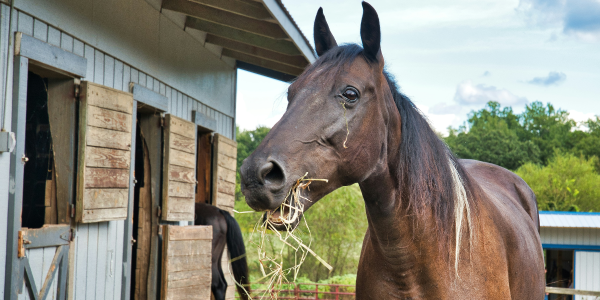In the realm of equine care, few topics are as riddled with misconceptions and myths as horse nutrition. From old wives’ tales to misinformation on the internet, there are many horse nutrition myths. By debunking these myths and promoting evidence-based practices, we aim to empower horse owners with the knowledge they need to ensure the health and well-being of their equine companions. Also, if you are looking for a horse property for sale in Colorado, contact Colorado Horse Property today and speak with one of our horse-person realtors.
A Close Look at Horse Nutrition Myths
Despite prevalent beliefs, certain myths surrounding horse nutrition require clarification. One common misconception is that feeding carrots to horses can improve their vision. While carrots are rich in vitamin A, vital for eye health, horses typically obtain sufficient vitamin A from their forage. Excess vitamin A intake, particularly from supplements, can lead to toxicity and health issues. Therefore, while carrots can be a healthy treat in moderation, they alone won’t enhance a horse’s eyesight.
Another widespread myth suggests that feeding grains before exercise provides horses with extra energy. In reality, horses derive energy primarily from fiber fermentation in the hindgut, making high-fiber forage the foundation of their diet. Feeding grains in excess, especially before exercise, can increase the risk of digestive issues such as colic and laminitis. Instead, a balanced diet focused on quality forage, supplemented as necessary based on individual horse needs, ensures sustained energy levels and optimal performance.

